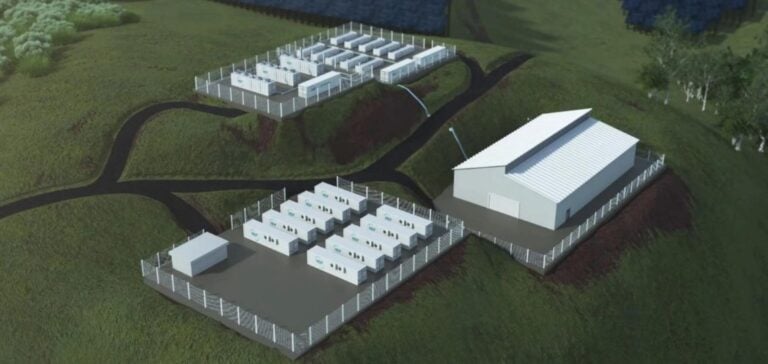The controversy surrounding the Centrale électrique de l’Ouest guyanais (CEOG) is deeply rooted in the tensions between industrial development and the preservation of the rights of indigenous communities. Located just two kilometers from the Amerindian village of Prospérité, the power plant is raising serious concerns among the inhabitants of the Kali’na ethnic group. The latter fear that the proximity of the facility will disrupt their traditional way of life, threaten their natural environment and be established without a proper consultation process. Indigenous peoples point to a lack of communication and commitment, alleging that no free, prior and informed consent was obtained before the project was approved, a potential violation of international agreements to which France is a party.
International Reactions and Pressure
The intervention of the UN Committee on the Elimination of Racial Discrimination (CERD), following a complaint lodged by leaders of the Kali’na community, marks a significant step forward in the fight against the project. The Committee expressed its concern about the lack of consultation with the Kali’na people and the negative impact of the project on their lands and lives. In addition, the Cerd letter mentions disturbing reports of excessive use of force by French authorities, detentions and prosecutions of community members, which could aggravate tensions and damage France’s international reputation.
Local implications and challenges
On the ground, resistance to the plant’s construction is taking the form of protests and legal action by Prospérité residents. The village’s traditional chief, supported by local and international organizations, is calling for a complete reassessment of the project, insisting that the plant be relocated or its development suspended until a consensual agreement is reached. These actions highlight the gap often observed between energy development plans and the imperatives of respecting human and environmental rights.
Ecological and social consequences
The CEOG project, while ambitious in its quest to provide renewable energy to around 10,000 homes through innovative hydrogen-based technology, cannot ignore its ecological implications. Building such an infrastructure in an area rich in biodiversity could lead to major ecological disruption, affecting local flora and fauna as well as water resources. The challenge is to strike a balance between technological advances and ecological conservation, a balance that is far from being achieved in this project. The case of the photovoltaic plant in French Guiana is a poignant example of the challenges faced by renewable energy projects when located in sensitive contexts. It underlines the need for planning that fully integrates the rights and voices of local communities, ensuring that technological progress does not come at the expense of indigenous populations and the environment.






















